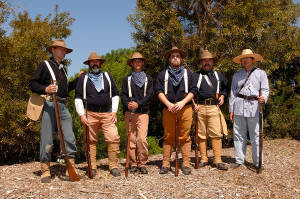 |
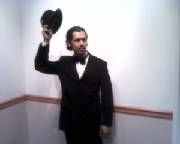
|
| Jose Marti de Cuba |
José Julián Martí Pérez (January 28, 1853 – May 19, 1895)
was a Cuban national hero and an important figure in Latin American literature. In
his short life he was a poet, an essayist, a journalist, a revolutionary philosopher, a translator, a professor, a publisher,
and a political theorist. He was also a part of the Cuban Freemasons. Through his writings and political activity, he became a symbol for Cuba's bid for independence against Spain in the 19th century. He is referred
to as the "Apostle of Cuban Independence." He also fought against the threat
of United States expansionism into Cuba. From adolescence, he dedicated
his life to the promotion of liberty, political independence for Cuba
and intellectual independence for all Spanish Americans. His death was used as
a cry for Cuban independence from Spain
by both the Cuban revolutionaries and those Cubans previously reluctant to start a revolt. José
Martí was killed in battle against Spanish troops at the Battle of Dos Ríos, near the confluence of the rivers Contramaestre
and Cauto, on May 19, 1895. Through out Cuba today, students learned his famous poem entitled The
White Rose.
|
 |
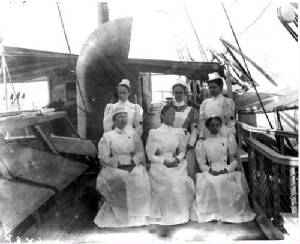
|
| The Nurses |
|
|
 |
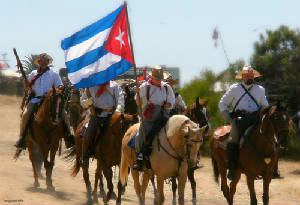
|
| Mounted Cubanos |
The Spanish-American War 1898
comes alive at the
following upcoming event:
'Old Fort MacArthur Days'
on the weekend following
the Fourth of July holiday
at Fort
MacArthur Museum
in San Pedro, Los Angeles County.
Check the Favorite Links page
to visit the OFMD website.
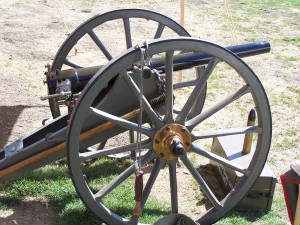
|
| The Artillery |
|
 |
|
|
|


